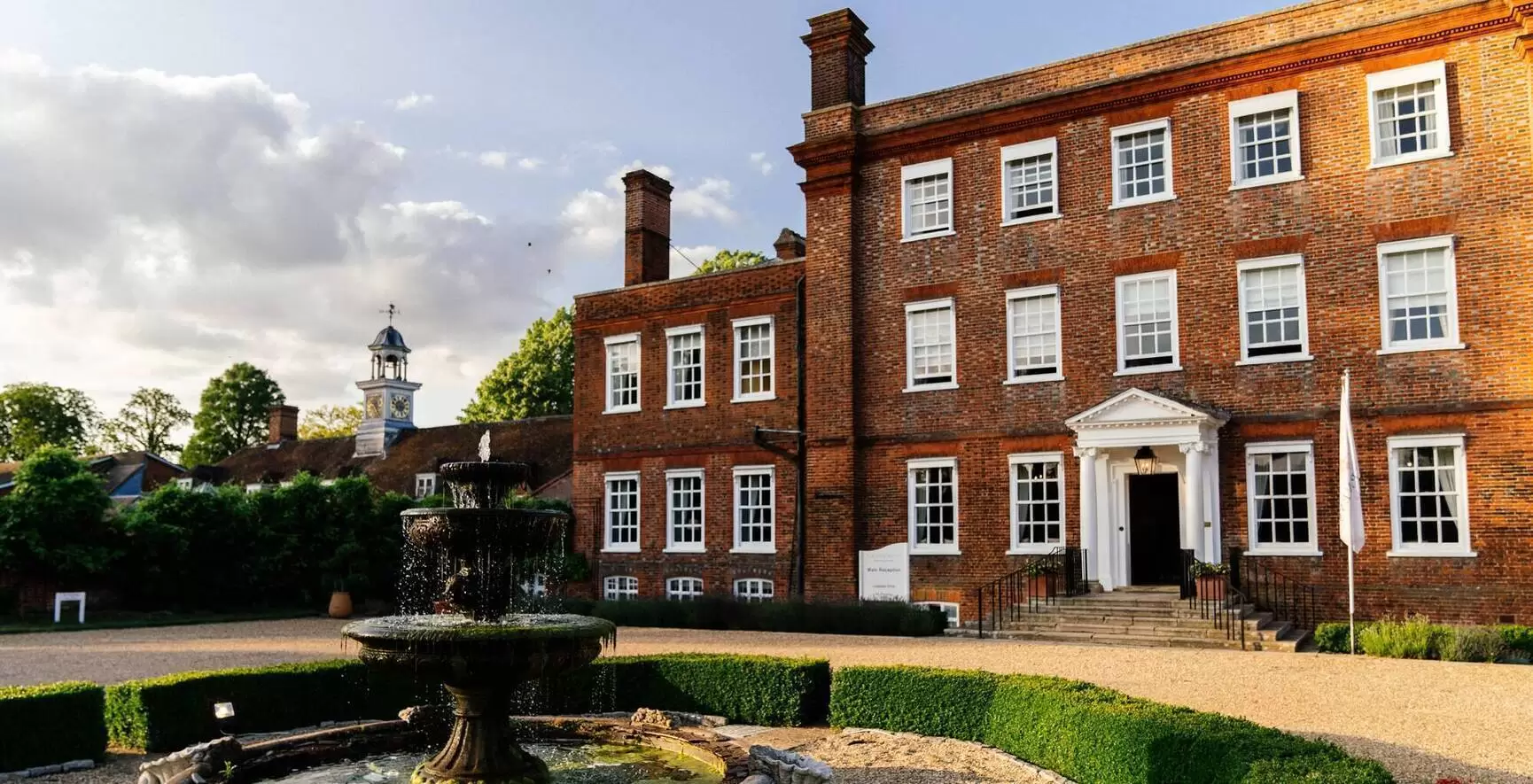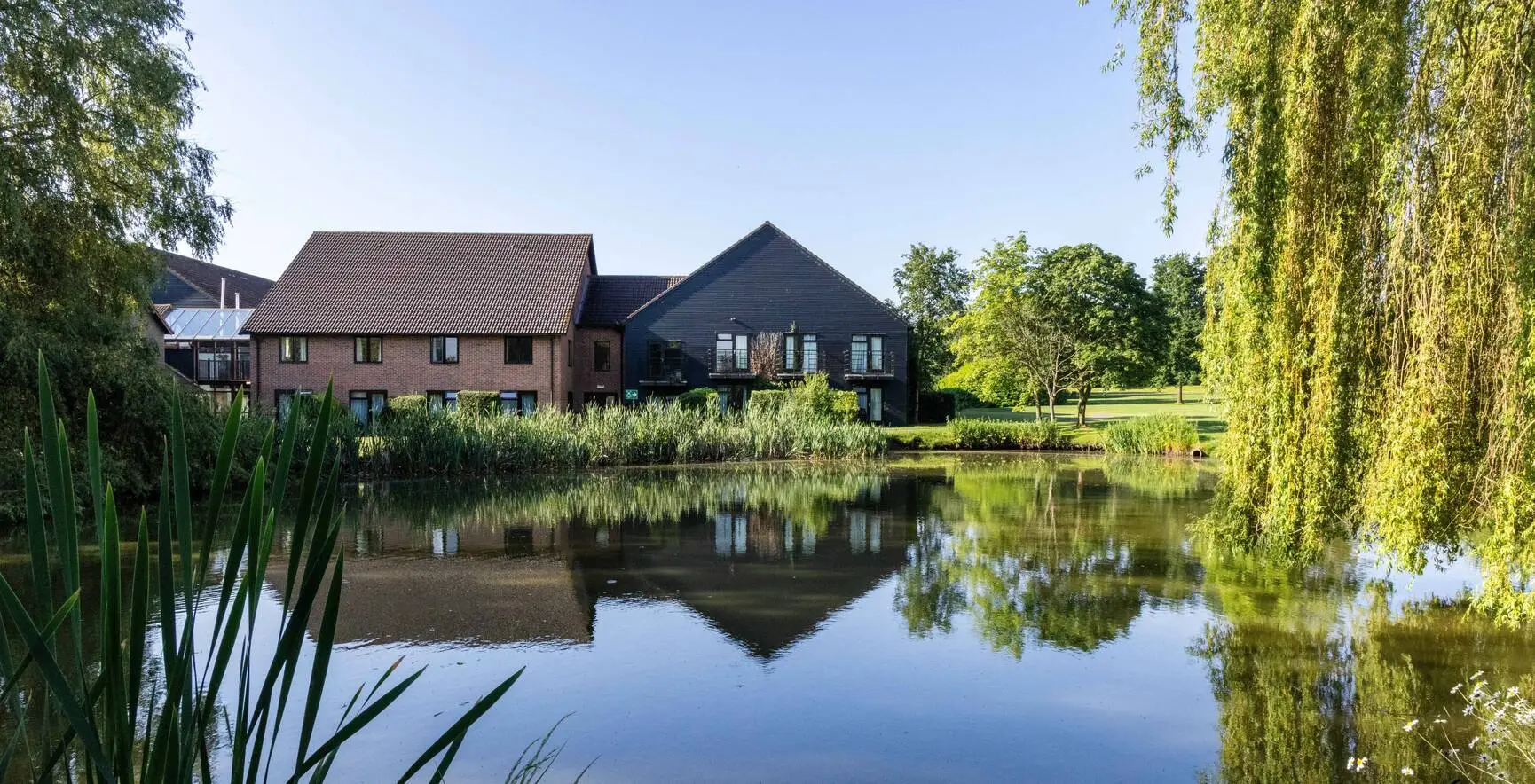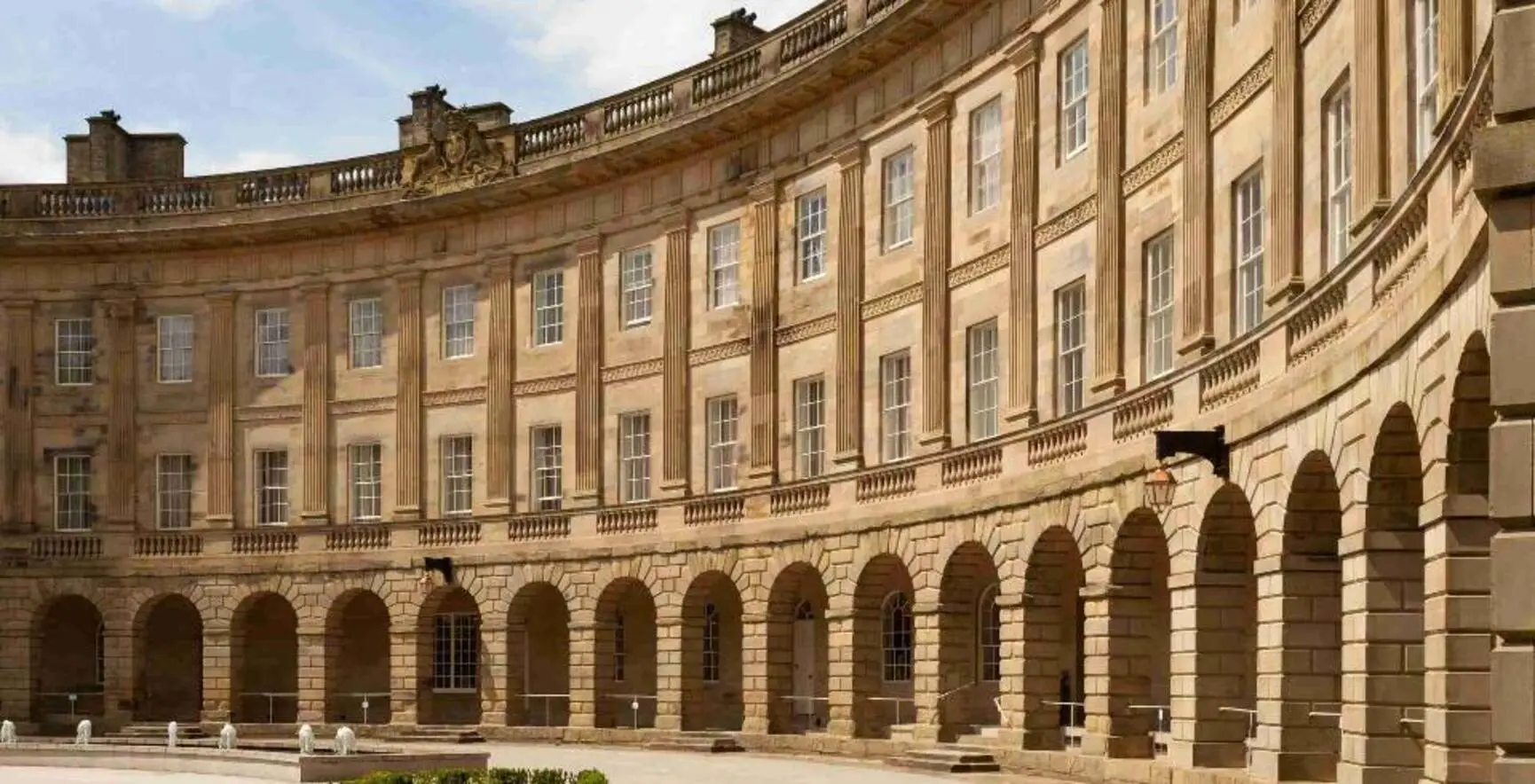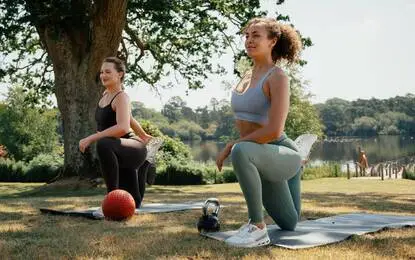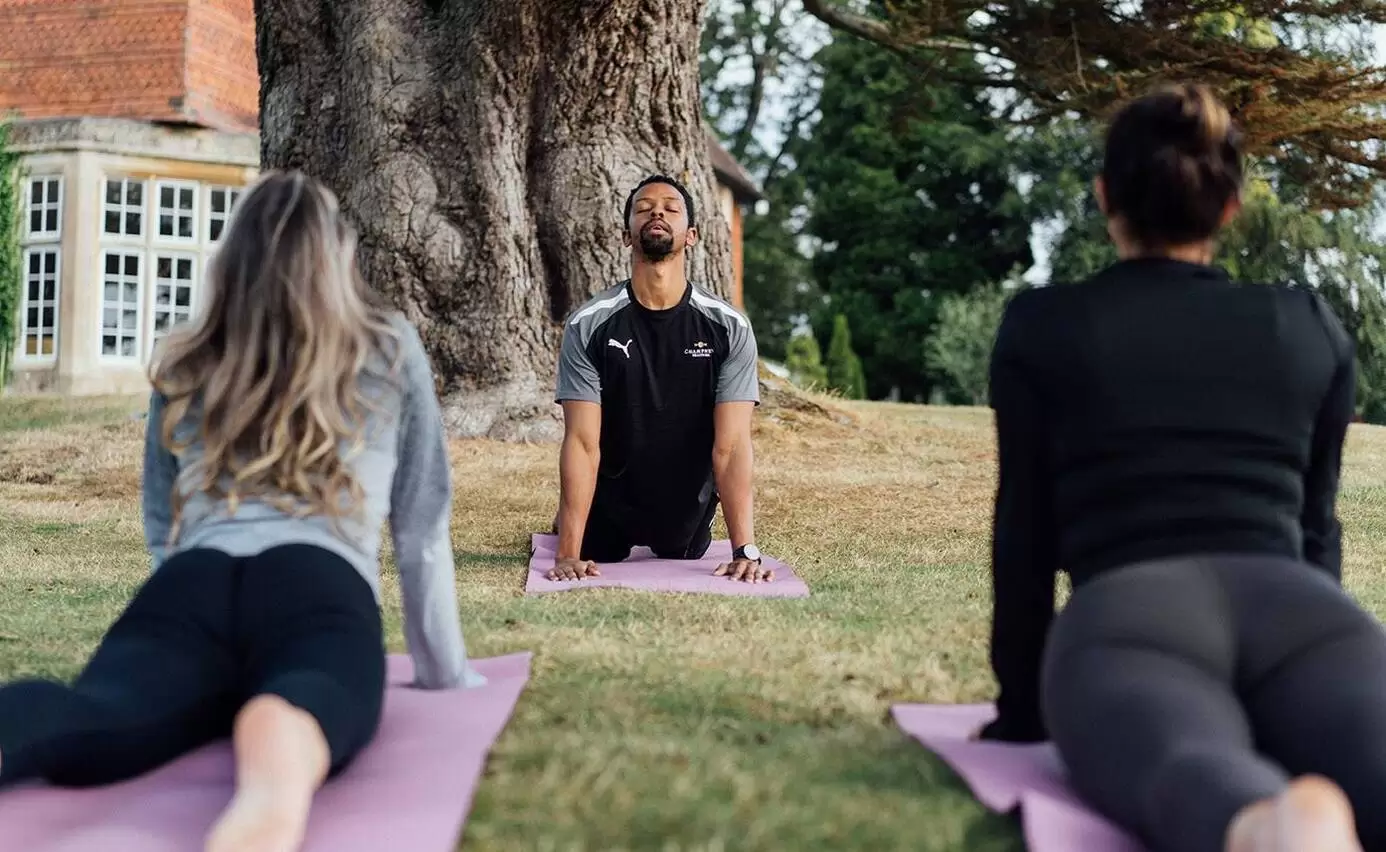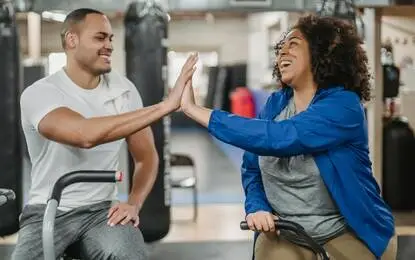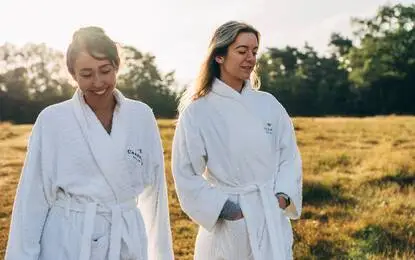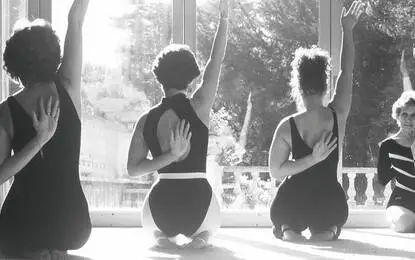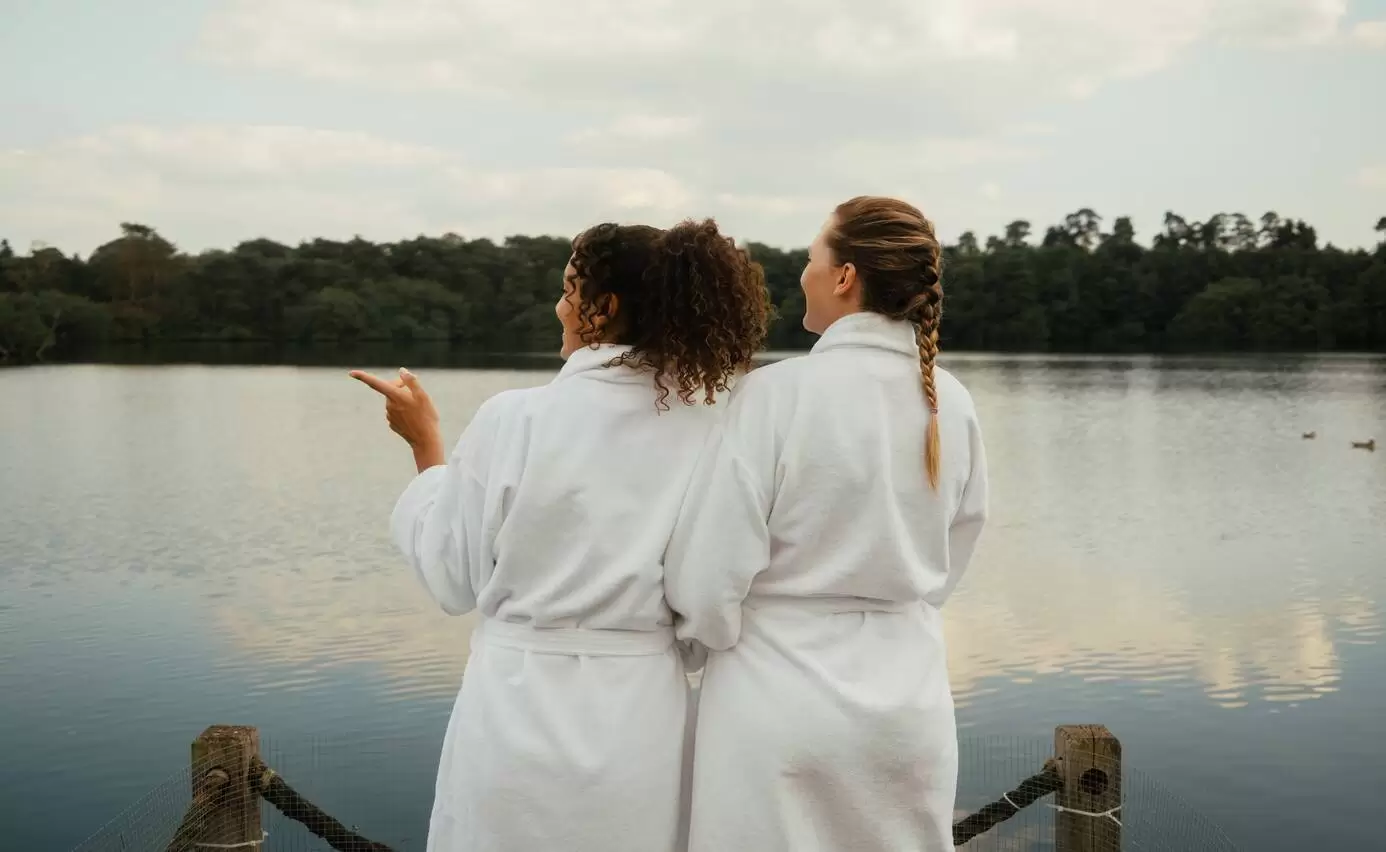What is wellbeing and why is it important?
What Is the Definition of wellbeing?
Oxford English Dictionary defines wellbeing as the state of being comfortable, happy or healthy. More than just being physically healthy, it means being socially connected, feeling satisfied with life and even having good mental health.
On their site, World Health Organisation, discuss how wellbeing and mental health are intrinsically linked: “Mental health is defined as a state of wellbeing in which every individual realises his or her own potential, can cope with the normal stresses of life, can work productively and fruitfully, and is able to make a contribution to her or his community.”
Wellbeing is not a fixed state, and is something that can change every day, and can be worked on and improved. As well as making healthy changes within your life, like eating healthier food and taking time to improve your mental health, there is a large range of activities that promote wellbeing. We talk about a few.
Activities that promote wellbeing
Yoga, Pilates and ballet
Pilates, yoga and ballet are all similar activities in that they require core body strength and control. This type of exercise, whether apart of in a hybrid workout and great for promoting happiness and for your fitness. They can strengthen your core, build your muscle, and are known your mood, energy and sleep.
Furthermore, they are all readily accessible and can even be done at home for free. However, starting out with an instructor or attending a class can be beneficial and offer you guidance.
The Yoga Journal tells us how meditation, a large part of yoga, can improve your wellbeing: “Scientists at the University of Wisconsin have shown that meditation increases the activity of the left prefrontal cortex—the area of the brain that's associated with positive moods, equanimity, and emotional resilience. In other words, meditating regularly may help you weather life's ups and downs with greater ease and feel happier in your daily life.”
Sarah Later, known online as Northern Yogi, is a yoga teacher based in Manchester. She explained what first interested her in yoga: “I needed something to help balance out my fast-paced career in the fashion industry. I could feel my stress levels increasing daily and decided to take action. For 1-hour each week I allowed myself time to practice yoga at my local class. The sense of calm it brought me meant I was soon upping that 1 hour to 3, 4, 5 classes per week!”
We then asked Sarah about the benefits of yoga she has experienced: “On a physical level, yoga has made my body stronger, healthier, and more toned. Coming to yoga for the physical benefits is a great place to start. Soon you'll notice other benefits too, like being able to think more clearly, being more confident in your actions and decisions. You will become more compassionate of others, you will radiate a positive energy that will impact every aspect of your life.”
Here at Champneys, we offer a number of yoga retreats that can de-stress and invigorate you. Our breaks are perfect for beginners and more experienced yogis and with courses in hot vinyasa, kundalini, and ashtanga everyone is bound to come away having learnt something. Our yoga classes are all taught by experts that will stretch your mind and your body and be there to guide you on your personal journey in any way that they can.
Our retreats will give you a deeper awareness of your body, mind and spirit, but will also allow you to access our swimming pool, Jacuzzi and relaxation rooms too.
Browse our range of yoga and Pilates retreats here.
Facials
There are a range of beauty treatments that are relaxing and beneficial for your wellbeing and facials are just one type of treatment that can help you de-stress. Ideal for those who are short on time, and providing instant results, facials will leave you glowing and feeling good about yourself. Taking some time out of your schedule to allow yourself to be pampered is imperative to your wellbeing and indulging in one of our treatments is a great way to do that. We have a large range of facials so you will be sure to find one you fall in love with.
For beginners, the Clarins Aromatic Balancer Express Facial is perfect. Offering 25-minutes of relaxation, you’ll be left with beautifully nourished and balanced skin.
If you’ve got a little more time and want to treat your whole body, we recommend the Elemis Absolute Spa Ritual. Combining our facial and body treatments, unwind with a deep tissue massage and 55-minute Elemis facial, perfectly personalised to you.
Browse our range of facial treatments to find the best for you a book.
A carb-cutting, ketogenic diet
Your diet has a massive effect on your mood and wellbeing. If you feel like your diet is something that negatively affects your wellbeing, then trying a carb-cutting, ketogenic diet could help you get the results you want. On a ketogenic diet, you replace carbs like pasta and bread with fats to put your body into a ketosis state which burns fat for energy.
An article on Healthline described how people on a ketogenic diet have been found to lose over twice the amount of weight than others who are on a calorie restricted low-fat diet. As well as that’s, it’s been known to improve people’s athletic performance, and brain health, all important to wellbeing.
Lifeline Wellness says that there are lots of foods you can eat as part of the diet. They explain: “A ketogenic diet is filled with fresh, whole, clean foods including pastured eggs, wild-caught salmon, organic poultry, grass-fed/finished beef, organic and fermented dairy products, non-starchy vegetables, raw nuts, seeds, avocado, as well as anti-inflammatory oils and fats such as virgin coconut oil, extra virgin olive oil, avocado oil, grass-fed butter, grass-fed ghee, and MCT oil.”
Maria Emmerich is a keto diet advocate and blogger at Keto-Adapted, she explained that she started healing her own body using keto almost 18 years ago. She told us: “I used it to heal from my conditions of PCOS, IBS, acid reflux and the 60 extra pounds I was carrying around. This lifestyle reversed all my symptoms and helped me realize my ideal weight.”
As well as carbs, the diet also gets you to cut out sugars and insulin increasing foods, but the rewards can be great.
A massage or acupuncture
Acupuncture and massages are generally used for the treatment of back pain, headaches, migraine, sports injuries or just for pure relaxation, but they are also helpful for treating anxiety, digestive problems, insomnia and lots of other issues.
Anita Brown at Trip Savvy, says, “We tend to think of massage as a way to pamper ourselves, but it's much more than a momentary feel-good treatment. Massage has many important health benefits. In fact, massage can help you maintain physical, mental and emotional wellbeing, especially when it is part of your regular wellness routine.”
Massage treatments are known to calm the nervous system and experts suggest that getting a massage regularly is great for your wellbeing. Anita Brown, adds, “Typically, once every week or two is ideal for keeping your muscle tissue pliable and in good shape. If you are in chronic pain or have a special issue to address, you might need to come weekly (or even twice a week) until you feel better.”
We offer a range of professional massage treatments that will help you feel revitalised and in peak physical condition. Whether you are looking for a basic 25-minute massage or something more exotic like a hot stone massage, our therapists are able to tailor their treatments to suit your needs on your spa day.
Browse all of our massages here to find one that is perfect for you.
Exercise
Exercise can improve your mental wellbeing and physical health, and by engaging in regular activity you can reduce your stress levels and reduce mental health problems like anxiety or depression. As well as that, you’ll feel great changes within your body including weight loss, muscle growth and your general fitness levels increasing.
If you don’t exercise regularly, you need to ensure you pace yourself and set realistic goals. Instead of jumping into a 7-day workout schedule straight away, start with small steps like working out once or twice a week, or adding a new class to your schedule. This way, your body becomes accustomed to the extra energy burning and will be able to adjust, instead of potentially burning out.
Easing into exercise will make it more enjoyable and setting goals can help motivate you to achieve your potential. If you set incredibly challenging or unattainable goals, you can increase your frustration at the lack of progress and can even cause injury by overworking your body.
Walking is a great exercise as you can just start off by going on a weekly 30-minute walk and according to Walking for Health, it can do wonders for your mental health. The largest network for health walks, says, “It (walking) improves self-perception and self-esteem, mood and sleep quality, and it reduces stress, anxiety and fatigue. Physically active people have up to a 30% reduced risk of becoming depressed, and staying active helps those who are depressed recover.”
Here at Champneys, we offer a large range of healthy spa retreats such as boot camps and fitness retreats. They can help you monitor your health and try a large range of new activities under professional guidance. Our trained professionals can also advise on the right foods to eat and anything else you may need to know. Once you leave a boot camp, you’ll be equipped with the information you need to continue improving your wellbeing and shedding those pounds.
Browse our boot camps and fitness and wellbeing retreats to find something that will help you on your fitness journey.
Orienteering
Orienteering is a fun activity most of us likely did in school and never thought of again. It has plenty of positive outcomes as it allows you to exercise both the body and the mind at the same time, whilst engulfing you in our beautiful natural world. You’ll navigate between control points marked on an orienteering map with a group of people, having to way find as you go.
There are plenty of competitive orienteering challenges across the UK that you and your friends can take part in as you compete against other teams to try and complete the course in the quickest time. It really is something that embraces all aspects of wellbeing, from working on your health to spending time with loved ones.
One of the great aspects of orienteering is the fact it really doesn’t matter on your level of fitness. Orienteering is reliant on a range of skills, much more than just physical fitness, so when starting out you and your team can walk and take it at your own pace. Once your fitness has increased, you can look at increasing the pace.
Jennie Taylor from British Orienteering explains: “The sport of orienteering offers many benefits. Increased time being outdoors with nature has been shown to significantly improve people’s health and happiness and is great for us physiologically. Orienteering involves walking, jogging and running, often in rough terrain. All three of these activities increase aerobic capacity and cardiovascular strength. Orienteering offers the development of individual skills in navigating while problem-solving to locate each control. Decision making is paramount: Should I go left, or right? Should I climb that hill or go the long way around it? These decisions that constantly arise require thinking more than quick reactions or instinct; again, that is why orienteering is often called the thinking sport. The ultimate quest for the orienteer is to find that balance between mental and physical exertion, to know how fast they can go and still be able to interpret the terrain around them and execute their route choice successfully. However, the foremost attraction of orienteering is that it is fun! Why not give it a try?”
You can go orienteering anywhere; from the countryside and remote forests to busier urban areas. Find out more about this sport, and your local courses on the British Orienteering website.
Volunteer
Something you can do to not only improve your happiness but that of the local community is volunteering. By helping others and doing things that you feel really matter you will have a positive impact on others around you, and yourself. There are plenty of ways you can volunteer, from simply asking neighbours if they may need any help with day to day errands, to formally signing up and dedicating time to a cause that is close to your heart.
If you’re interested in our environment and our history, volunteering with the National Trust offers a large range of roles that can help conserve the UK’s heritage and environment in various ways. The variation of roles means that there is something perfect for everyone with every skill set.
Many charities have stores around the country which are vital for raising funds. You can volunteer at these to help out and support not only your local community but the wider world. The British Red Cross is always looking for new volunteers, and are able to help you learn new skills and make new friends.
Go on a Bushcraft survival course
If you have always wanted to be like Bear Grylls and Ray Mears, or just want to experience a little bit of life in the bush, there are many courses that are designed to teach you how to live in the wilderness. Taking these courses not only brings you closer to nature and will involve some physical exercise, but they will also teach you a new skill, and bring you closer to new people.
Survival School can help you learn about eating edible plants and how to build a shelter, but the main positive is the fact that you can take yourself away from your phone, the TV and other distractions so you can really enjoy yourself and look at the natural world like never before.
Greenman Bushcraft offers all the products you’d need to bushcraft independently. We spoke to a member of the team there, who said this: “For me, bushcraft has always been a way of life, rather than an interest that I actively pursued. I feel that becoming part of our natural environment is important for our wellbeing in many ways, and is especially useful to help elevate the stresses brought on by a modern lifestyle. Introducing nature into our lives in some form or another, whether it is bushcraft, foraging or a simple walk in the fresh air can only help us to relax and appreciate our surroundings.”


